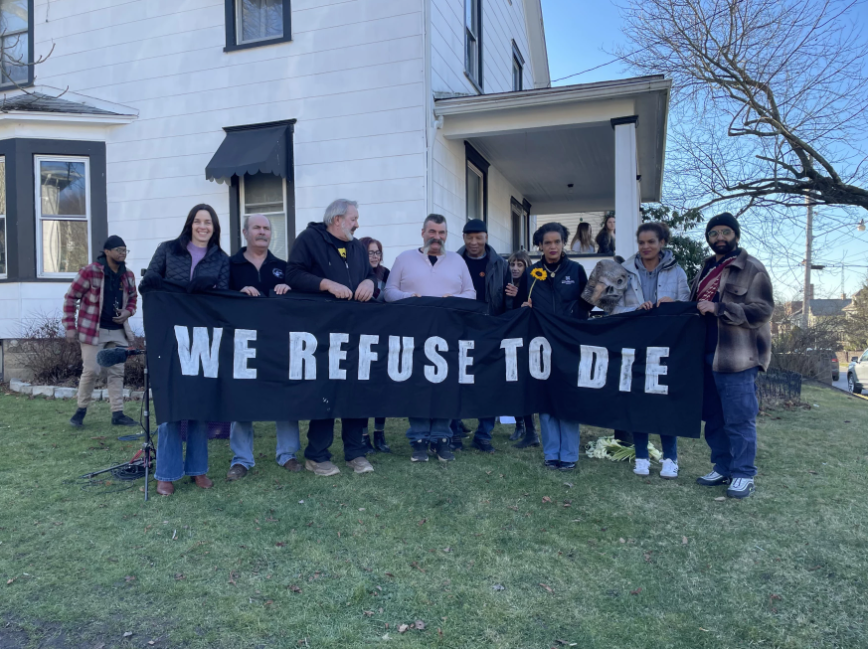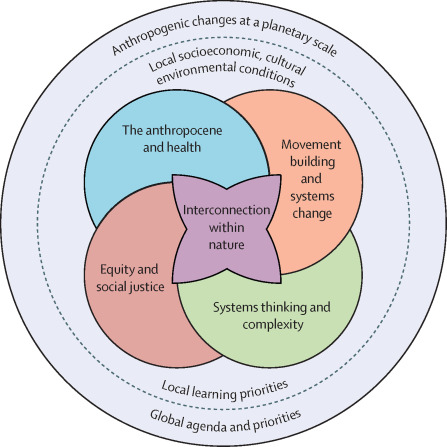By Jordan Martinez.
As an intern at the Center for Health, Environment, and Justice, I have written several papers on the effects of different chemicals on the environment and on human health. The purpose of these articles is to provide information for chemically impacted communities throughout the country. I am working with community members in East Palestine, Ohio. Their questions led to me writing these papers, however these questions have applications beyond the community in East Palestine, and can be helpful to other chemically impacted communities around the world.
The first of these papers that I wrote was on the burning of lithium ion batteries. Lithium ion batteries, such as those in electric vehicles like Teslas, release several toxic gasses when they catch on fire. In this paper, I discussed what those gasses are, how they affect human health, and what makes them from more common chemicals used in everyday life, such as fluoride in toothpaste. This paper came from questions from residents in East Palestine, however the information shared in this paper represents helpful information for residents in other communities as well. Some communities may live near a facility that produces lithium batteries, where risk from these gasses may be higher during an accident. Some individuals may work with lithium ion batteries on a regular basis, such as car mechanics. These papers serve to help individuals overall, and I’m glad to be making this information available to the public for free.
I’m currently writing about the use of the Affordable Care Act for chemically impacted communities. Within the law of the Affordable Care Act exists Section 1881A, which outlines the use of medicare benefits for individuals exposed to environmental health. I am investigating how this section of the ACA can be utilized for chemically impacted communities, and what the exact process is for utilizing medicare benefits for impacted individuals.
These papers highlight educational health and science information that may benefit communities, especially those working with CHEJ. It is my hope that scientific information can be easily accessible to communities in a digestible manner. Not everyone is a scientist, and for community leaders working to help their communities, they may not be able to read scientific papers. This may be due to not having the capabilities to read papers, since academic research papers are often filled with jargon that can be quite difficult to understand for non-scientists. Another reason is simply time. Reading papers is time consuming, and even if a community leader can read papers, there may be too many tasks that need to be done, limiting the absorption of scientific knowledge, therefore preventing the use of scientific information in helping to benefit communities. This is why it is crucial that we make inclusive science communication, so that community stakeholders can be involved in scientific knowledge without having to be scientists. I write these papers for CHEJ so I can help bridge the gaps between science and the community, and I am grateful for the work of others who do the same.







